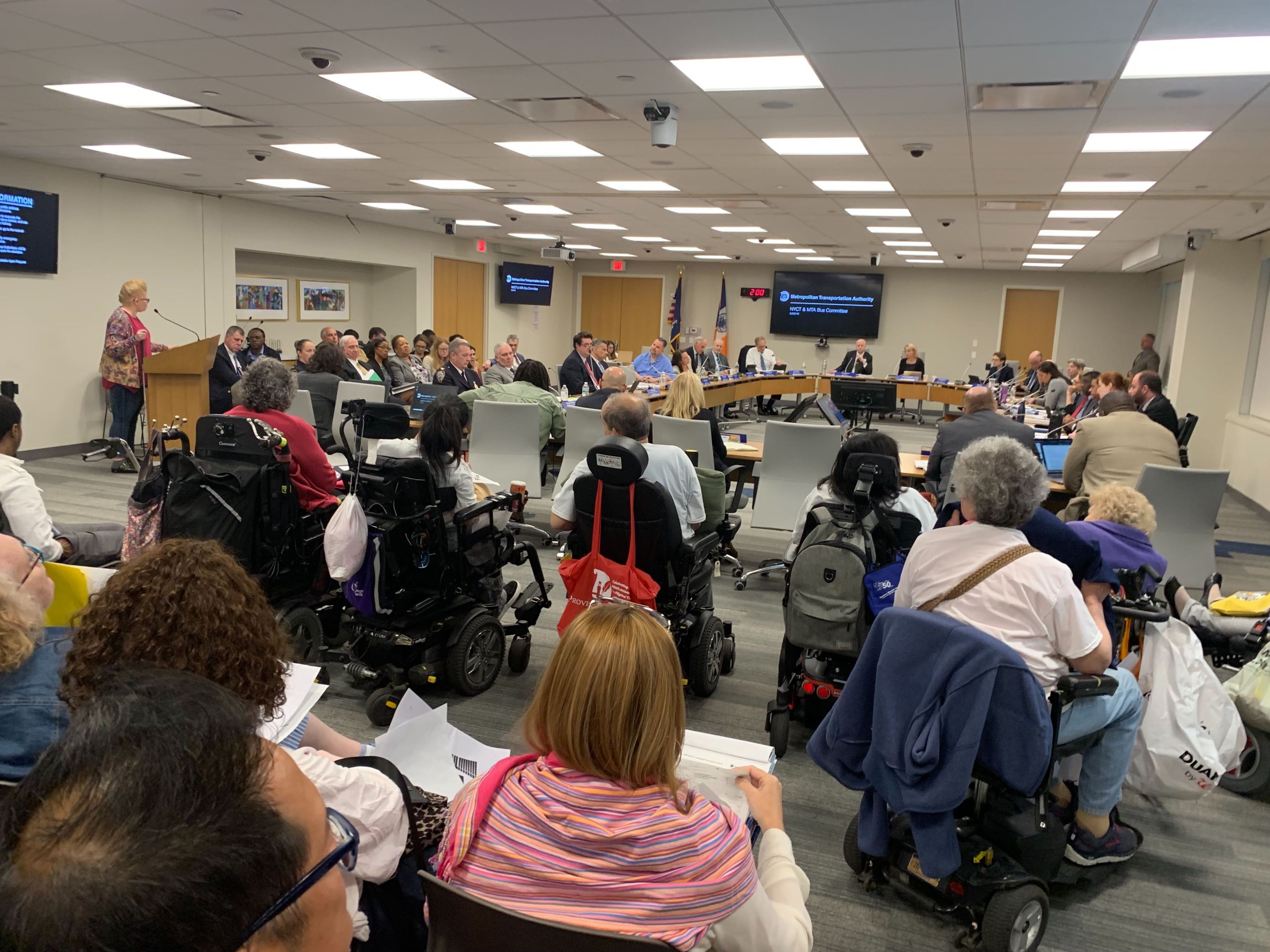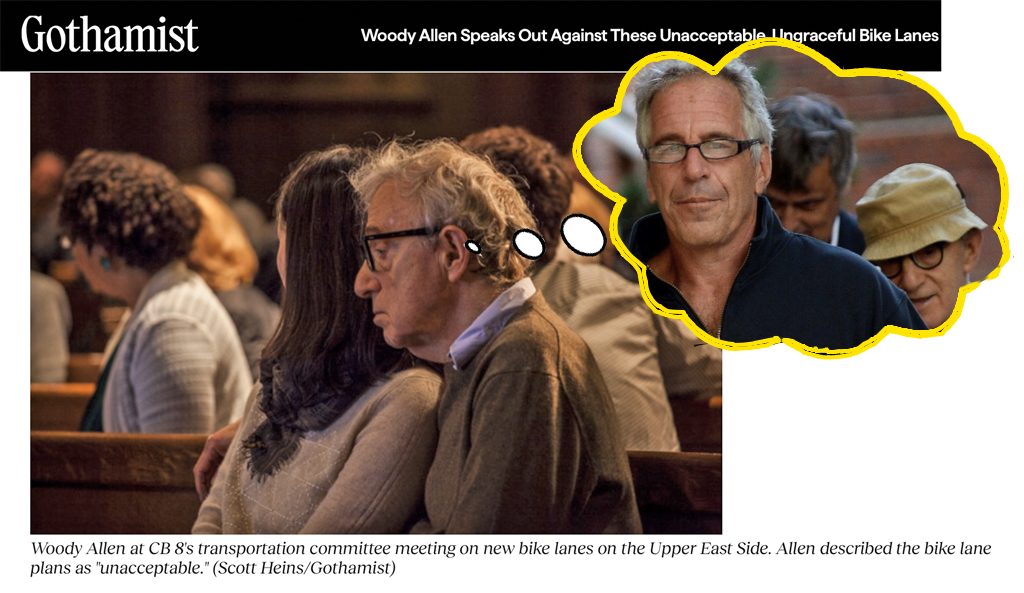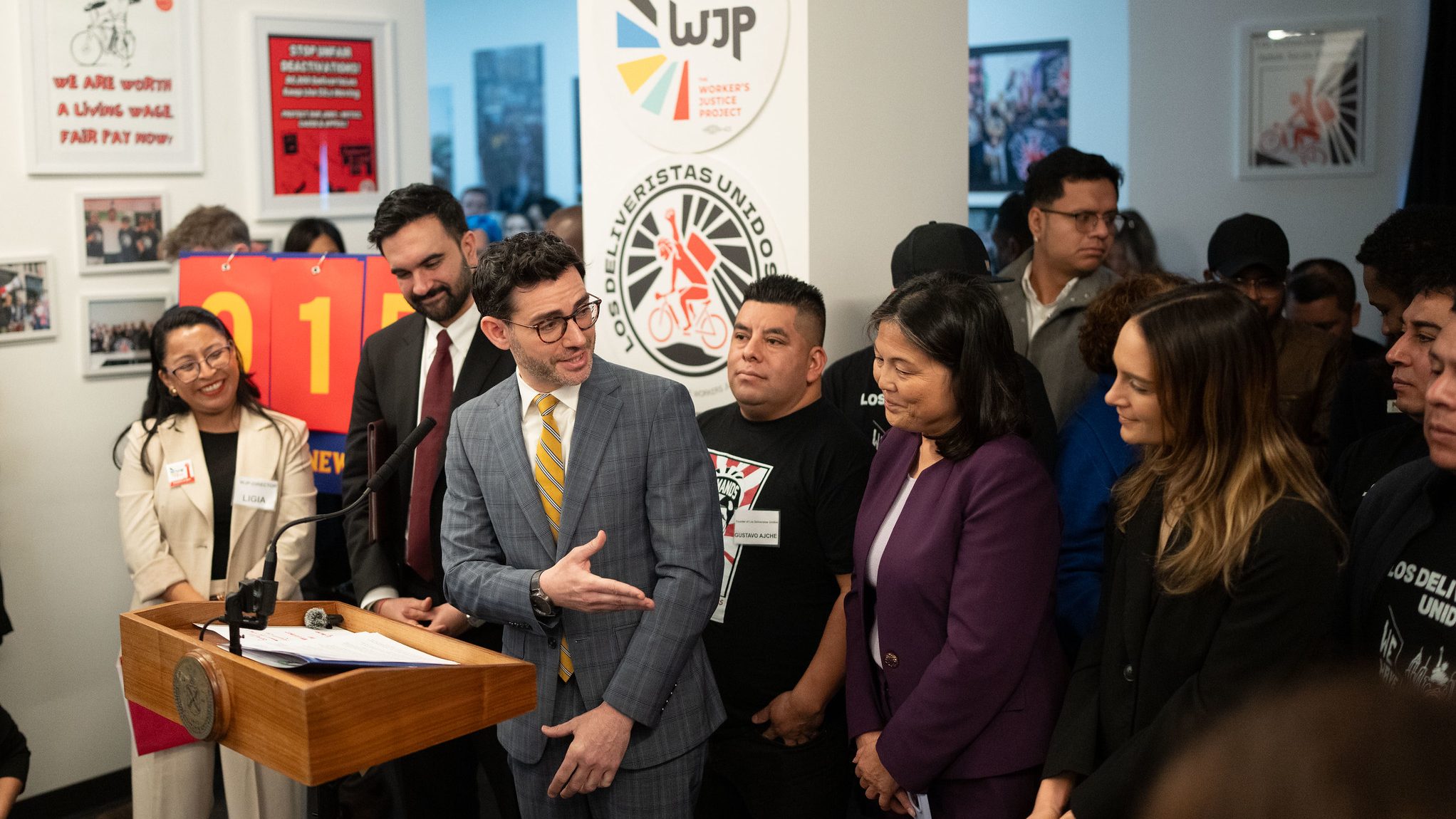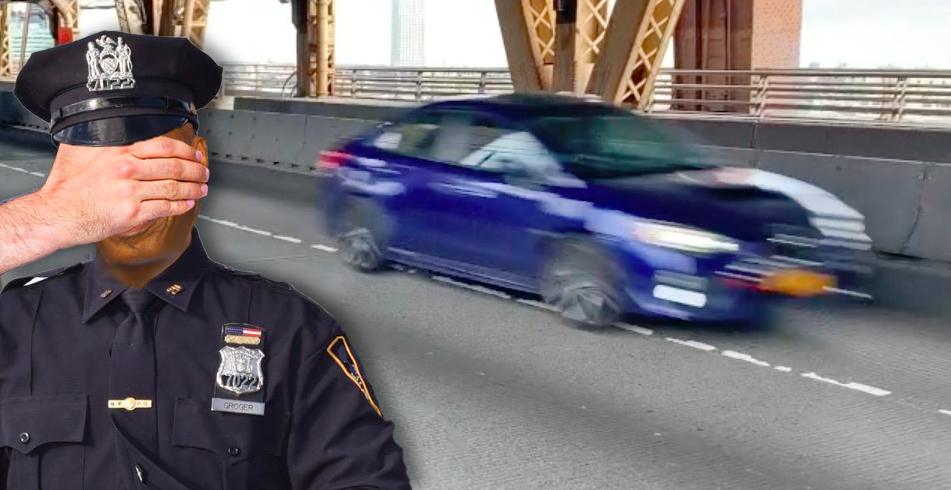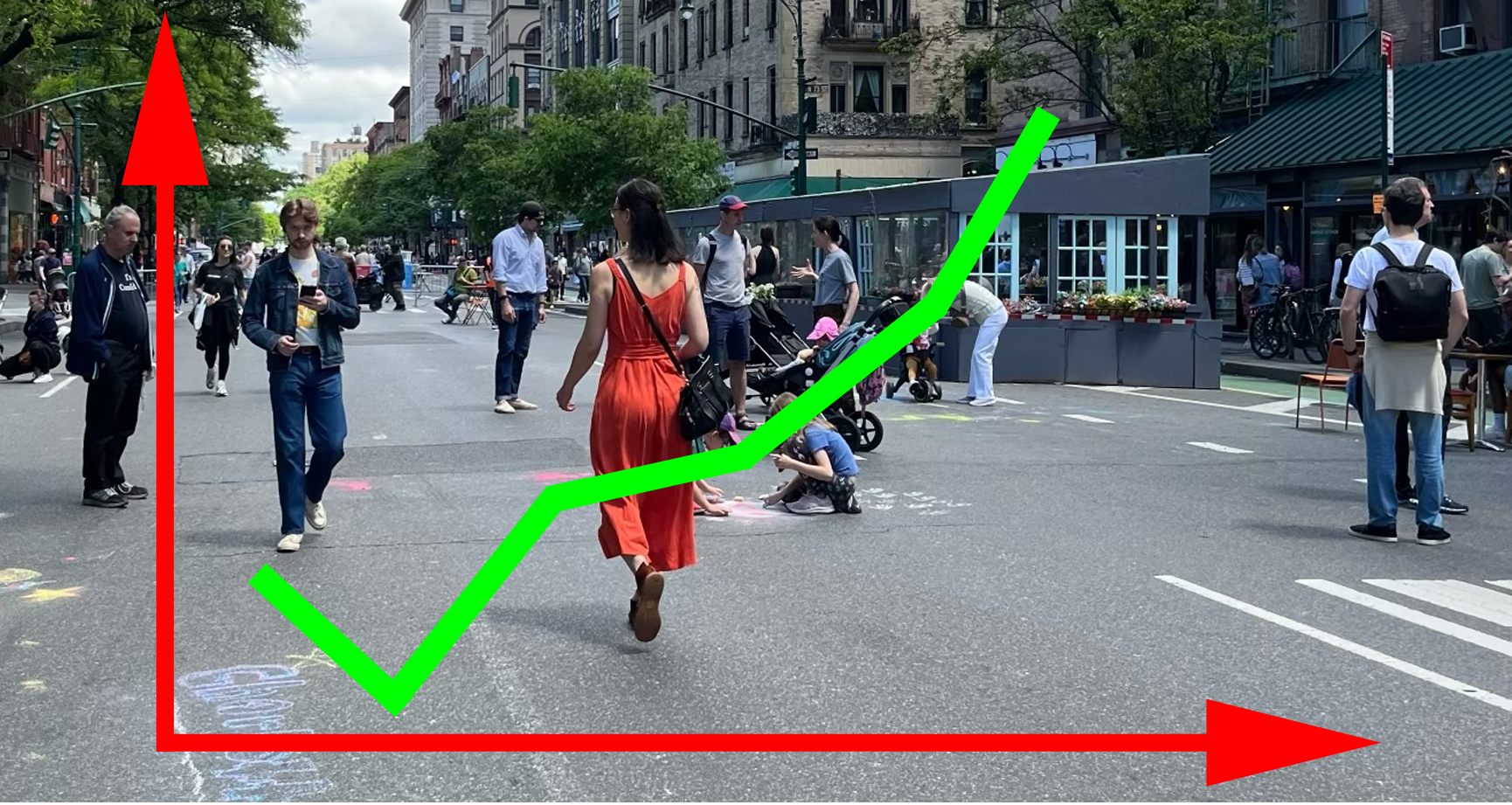City & State NY is hosting a full day New York in Transit summit on Jan. 30 at the Museum of Jewish Heritage. This summit will bring together experts to assess the current state of New York’s transportation systems, break down recent legislative actions, and look towards the future of all things coming and going in New York. Join Keynote Speaker Polly Trottenberg, commissioner of the NYC Department of Transportation, along with agency leaders, elected officials, and advocates. Use the code STREETSBLOG for a 25-percent discount when you RSVP here!
The mayor is fighting for city transit riders with one hand behind his back.
Two of the city's four allotted seats on the MTA Board are vacant — but Mayor de Blasio will not have them filled before the first MTA Board meetings of the year on Jan. 21 and Jan. 23, a shocking display of apathy that robs city residents of half of their voice on regional transit matters.
Asked about the delay, City Hall spokeswoman Olivia Lapeyrolerie said only, "Our search process is ongoing and we look forward to the governor appointing our nominees in the coming weeks."
That's not entirely accurate, given that the mayor hasn't made at least one of the nominees in question.
As a result, neither Polly Trottenberg, who stepped down from the Board in June, 2019, nor Veronica Vanterpool, who left in December, has been replaced — despite the mayor's promise in November that he'd "move immediately."
Good government and transit advocates said that it's important for the mayor to hurry up and name his nominees so the city can be fully represented.
"The mayor's appointees have provided an important counterbalance to the governor, who controls the agency, and who controls the board through the chairmancy," said Rachael Fauss, a senior research analyst at Reinvent Albany. "The governor has so much influence as it is, so the mayor taking a strong stance on his nominees and getting them through provides a check on him."
Fauss credited Vanterpool, and fellow de Blasio appointees David Jones and Bob Linn for being the most effective voices on the board in questioning the MTA's decision to hire 500 more police officers. She cited Vanterpool's passionate argument against using outer-borough transit funds to pay for a toll rebate on the Henry Hudson and Cross Bay bridges as an example of a board member shining a light on an issue that would otherwise escape public attention.
TransitCenter spokesperson Ben Fried praised Trottenberg and Vanterpool for helping to sideline the Cuomo-driven Enhanced Station Initiative, a billion-dollar program that would have made cosmetic upgrades to stations, but did not include accessibility upgrades like elevators. The mayoral appointees led the effort to abandon the program, which was set aside in 2018 after cost overruns and constant opposition from city board reps.
"It's especially important for the mayor to get his people on the board because we can't count on sustained independence from the Cuomo appointees," Fried said. "Over the last several years the mayor's appointees have really set themselves apart."
The mayor was criticized for not exercising his power to veto or modify the 2020-2024 capital plan because he declined to appoint the city's one member to a state oversight panel. Now that the capital plan is a reality, Fried said that the city's MTA Board members could at least provide ongoing oversight during implementation.
"Raising question about contracts, and keeping up questions on cost control will be important in the future because we're going to see a lot of bids put out on this program," Fried said.
Even if the city board reps aren't able to band together to stop specific MTA proposals like this year's budget with the additional police hires, Riders Alliance spokesman Danny Pearlstein said that that a full slate of board votes gives the city riders the best chance to be heard and to be represented by people Pearlstein described as "heavy hitters."
"City board representatives have been respected transit advocates, the head of the Department of Transportation, one of the city's most respected anti-poverty advocates and the former head of the Department of City Planning," Pearlstein said. "The fewer folks we have on the board, the fewer people we can have dissenting with integrity."
To be clear, de Blasio did make a cursory effort to staff up the MTA Board. When Trottenberg resigned, Hizzoner appointed Dan Zarrilli, his chief climate policy adviser, relatively quickly to replace her. But Zarrilli's nomination got caught up in the Albany clown show when Gov. Cuomo, who, as City Hall pointed out, has the power to actually send the mayor's nominees to the state Senate, claimed that Zarrilli was nominated too late for the state police to finish a background check before the state Senate left Albany at the end of July.
Once Vanterpool resigned, de Blasio may have decided not to reappoint Zarrilli because the city contingent on the board had lost its second and final woman. But in any event, he will have two empty chairs representing him next week.
And there might be a good reason why de Blasio is being so deliberate: vacancies give the mayor a chance to shape the board by drawing from the city's diverse population and ultimately selecting someone who will bring a perspective on city subway and bus use that is often ignored by a regional board staffed mostly by people who never use transit in New York City.
When Vanterpool resigned, she told Streetsblog that she'd like to see a woman nominated in her place. The MTA's current 17 member board only has five women, and only one woman of color, Rhonda Herman. (Lapeyrolerie did not respond when asked if the mayor was going to renominate Zarrilli to replace Trottenberg.)
The mayor is also being pushed to pick a board member who represents disabled riders — and TransitCenter and other advocates will rally on Jan. 28, the one-year anniversary of the death of Malaysia Goodson, who fell down the stairs at the crowded Seventh Avenue station in Manhattan as she carried a baby stroller. Advocates believe it's important for a disabled board member to be able to share their lived experience as the MTA works to make the subway more accessible.
"We're entering an important period for adding accessibility to the subway," Fried said. "So it heightens the need to add someone who knows what it's like to navigate the system with a disability."
